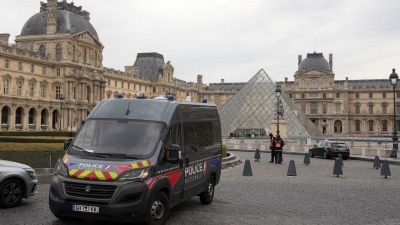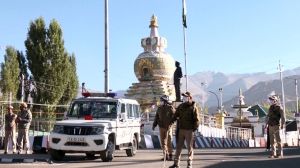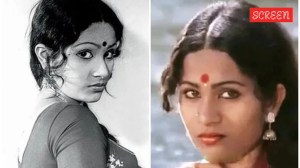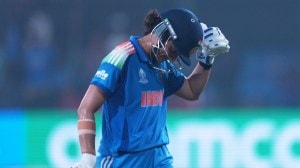On New Year, Bhutan gets its first elected National Council
Bhutan on Tuesday received its New Year gift — 15 elected representatives...

Bhutan on Tuesday received its New Year gift — 15 elected representatives to its National Council or Upper House following the first parliamentary elections as the country is nearing its aim of embracing democracy. Chief Election Commissioner Kunzang Wangdi termed the election as historic and a huge success.
“We are pleased to say that the NC elections were a success. We are confident that our switchover to a democratic set up will be smooth and according to our plans,” Wangdi said.
He said the turnout in Monday’s poll was satisfactory though there were some loopholes. International observers, including from India and the UN, monitored the polls.
“Bhutanese people are still not fully aware of the small details of parliamentary elections. But they are learning. The response this time was much more than the previous rounds of mock elections (held in April and May last year),” he said.
Elections were not held in five constituencies of Haa, Gasa, Thimphu, Lhuentse and Trashiyangtse as they had only single candidates or none. Polling in these constituencies will be held on January 29.
King Jigme Khesar Namgyel will nominate five additional members to the council. Bhutan’s transition to democracy began in 2001 when former king Jigme Singye Wangchuk handed over the powers of daily governance to a council of ministers.
In 2006, he abdicated the throne in favour of his Oxford-educated son Namgyel. For the National Assembly (NA) or election to the Lower House, the entire country is being divided into 47 constituencies.
The NA will have 75 members. Notification for the NA elections will be issued soon. The polls will pave the way for a two-party system in the country.





- 01
- 02
- 03
- 04
- 05


























